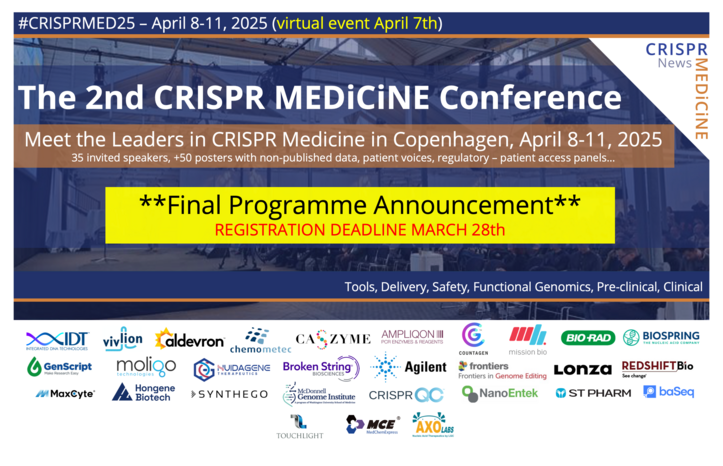C46 Boosts CRISPR-Based HIV Resistance
The study deployed the CRISPR-Cas9 system to knock out the CCR5 gene in MT4CCR5 cells, a cell line modified to express the CCR5 co-receptor. Concurrently, cells were engineered to express C46, which inhibits the fusion of HIV-1 to host cells, thereby blocking the virus's entry.
The approach led to enhanced protective effects against both R5-tropic and X4-tropic HIV-1, the two main strains responsible for infection. The integration of C46 was confirmed by real-time PCR, and its presence significantly reduced HIV-1 replication in these cells.
Key findings indicate that the combined therapy not only retains but amplifies the efficacy of each component. The CRISPR-mediated CCR5 knockout contributed to a robust resistance against R5-tropic HIV-1. Meanwhile, the addition of C46 provided a strong defence against the X4-tropic strain, showcasing a broad-spectrum resistance capability.
This method proved more effective than using either strategy alone, particularly in preventing high-level HIV-1 infections that are typically challenging to control with single-agent therapies.
The study, led by Suradej Hongeng from Mahidol University in Bangkok, Thailand, was published yesterday in Scientific Reports.
To get more of the CRISPR Medicine News delivered to your inbox, sign up to the free weekly CMN Newsletter here.
Tags
CLINICAL TRIALS
Sponsors:
Poseida Therapeutics, Inc.







